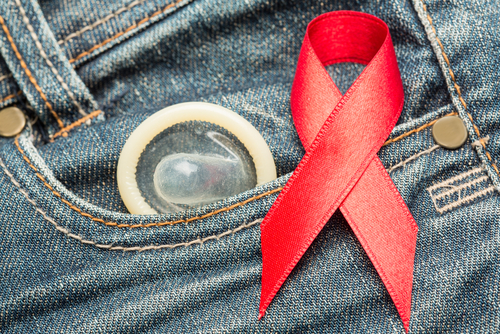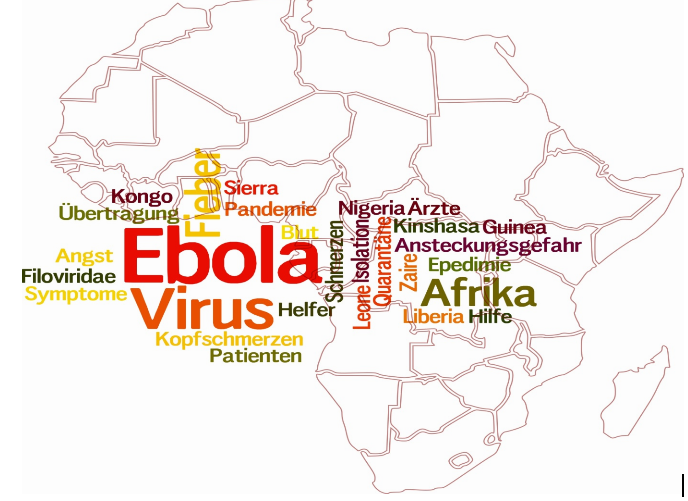Apart from practicing hand washing at continuous intervals, respiratory hygiene, social distancing measures, wearing a mask, and increasing the immunity will also help in keeping the virus away. Originated from…


Apart from practicing hand washing at continuous intervals, respiratory hygiene, social distancing measures, wearing a mask, and increasing the immunity will also help in keeping the virus away. Originated from…

Governments across the countries have implemented various protective measures to protect you from coronavirus. Experts agree that washing hands frequently with soap and covering face are some effective measures that…
Enterovirus D68 is responsible for respiratory infections. Enterovirus D68 spreads through from person to person via contact. Enterovirus D68 commonly referred to as EV-D68 is a member of a larger group of viruses known as enteroviruses. Different types of enteroviruses have affected millions of people all over the world.EV-D68 was first acknowledged in children having bronchiolitis and pneumonia, an airways infection.

HIV (Human Immunodeficiency Virus) is a deadly virus that attacks the immune system and weakens the body’s defence against infections. The HIV is a lentivirus that causes AIDS.

Ebola is a deadly virus disease, which is very rare but deadly and causes bleeding inside and outside the body. This deadly disease was formerly known as Ebola hemorrhagic fever, which is a severe and fatal illness in humans. Basically, Ebola’s first outbreak was in the year 1976 in the African countries like especially in the Democratic Republic of the Congo (then Zaire) and Southern Sudan. The disease has taken its name from the village situated near the Ebola River.

Earlier known as Ebola haemorrhagic fever, Ebola virus disease is a severe illness that is mostly fatal, with case fatality rates going up to 90%. Currently one of the world’s most dangerous diseases, the infection spreads through contact with blood or other body fluids or via tissues of infected people or animals. Patients who are severely affected by Ebola disease need intensive supportive care. In the face of an Ebola outbreak, those in direct contact with departed patients or unwell people—such as family members, doctors, nurses and other health workers—are at the highest risk of contracting the infection.

Cold weather and seasonal changes can bring on various challenges for our bodies and routines. The severe cold and continuous coughing make our body more ill. Let’s find out how…

Gastro health is vital for overall health and well-being in many ways. Gastrointestinal (GI) problems refer to various digestive issues, ranging from mild discomfort to more serious conditions. Gastric/gastrology problems…

Azithromycin is a broad-spectrum antibiotic that belongs to the macrolide class. Azithromycin is an FDA-approved antibiotic used to treat common bacterial infections like as bronchitis, pneumonia, sexually transmitted diseases (STD),…

Irritated skin can indicate a skin allergy, during which the immune system reacts to something usually harmless. This is called an allergic reaction. An allergic reaction can cause rash, itching,…